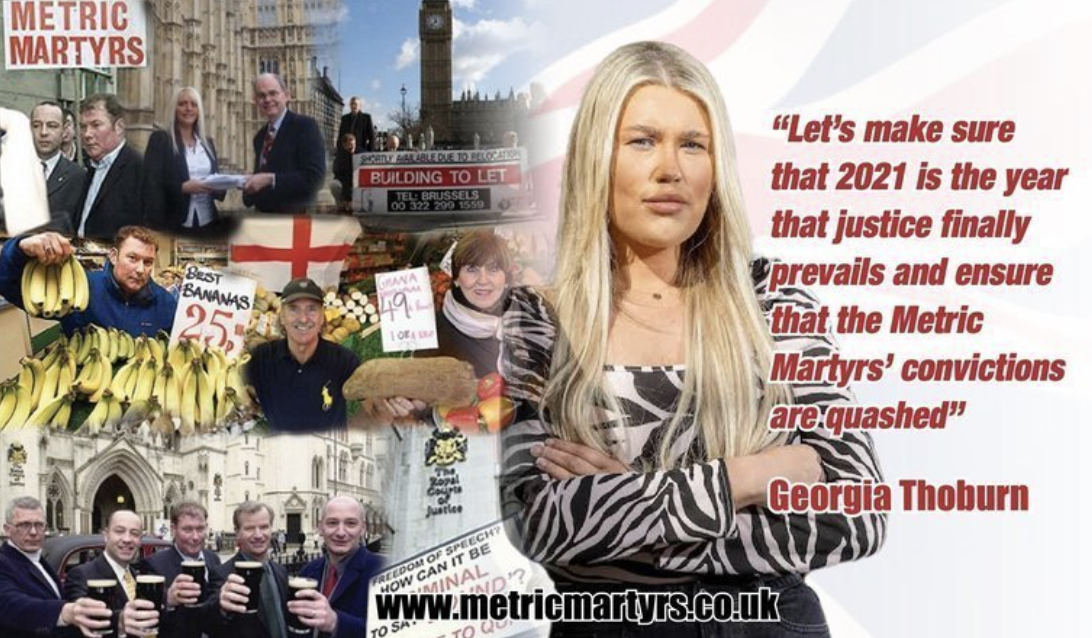The imperial measurements fiasco is another sign that government-via-culture-war doesn’t work
There are good reasons why imperial measurements, so long the favourite topic of a nostalgia-frenzy in the tabloid media, haven’t been brought back into general use. And it’s not because they are “illegal”.

It would become a historic bête noire for the British eurosceptic movement. Back in 2001, the so-called “metric martyr”, Sunderland greengrocer, Steven Thoburn, was convicted for two offences under the Weights and Measures Act, 1985. He had been selling bananas exclusively using imperial measurements with scales that were not capable of giving weights in metric units.
Overnight he became a tabloid sensation – and a hero of British eurosceptics. They saw it as a symbol of an overbearing Brussels elite, infringing unnecessarily on their tradition and freedom.
In truth, of course, metrification has a very long history in the United Kingdom, stretching back to the nineteenth century. In 1863, there was even a bill, unsuccessfully tabled in the House of Commons, to introduce metrification across the whole of the British Empire.
So, long before the European Union even existed, many scientists, economists and business people were making the case for the decimalisation of measurements on the grounds of simplicity and logic.
Overtime they gradually won the argument in a range of areas. Today, the UK uses a mixture of imperial measurements (like miles) and metric ones (like kilograms).
Will imperial measurements actually come back?
Now, to coincide with the Queen’s jubilee celebrations, the government have taken the opportunity to re-announce the review that they originally proposed last year.
This probably forms part of “operation red meat”, the term Boris Johnson’s team are using for coordinated activities to save his premiership. Metrification is a classic “red meat” issue: it gets the base riled up and angry, shoring up their support for his leadership. But this populist approach doesn’t make for good and effective policy.
Contrary to the popular myth, it is not against the law to use imperial measurements when selling goods over the counter. For most goods, including fruit and veg, sellers are permitted to use imperial units alongside the metric, so long as the signage does not give greater prominence to the old imperial units. In three cases, milk, precious metals and draught beer and cider, imperial measurements are allowed without being accompanied by the metric.
Any government attempt to return to the exclusive use of imperial measurements will confront the obvious problem that younger generations have little to no knowledge of the system, which is also more complicated than the metric.
There is also the further macroeconomic issue that a government supposedly committed to “free trade” would be introducing yet another pointless regulatory barrier to trade.
So will it happen? Probably, not. Like most “red meat” issues this is more about political signalling than it is genuine policy. Johnson is reminding the hard Brexiters in the Conservative Party he is “one of them”. And should they move against him, they would risk ceding control of the government to someone that doesn’t share their political agenda.
May 30, 2022
Brexit Spotlight is run by Another Europe Is Possible. You can support this work by joining us today. The website is a resource to encourage debate and discussion. Published opinions do not necessarily represent those of Another Europe.





